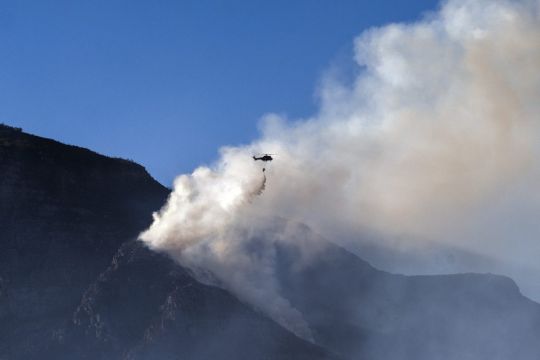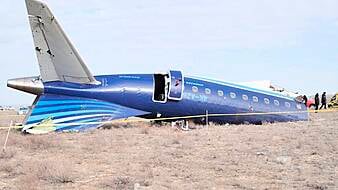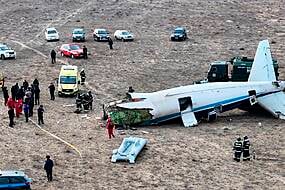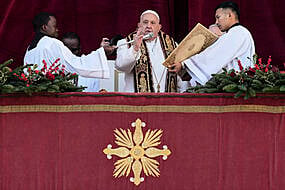Fire crews have worked for a third day to extinguish a wildfire on the slopes of Cape Town’s Table Mountain as the South African city came to terms with the damage caused by what officials have described as one of the area’s worst blazes in years.
About 90% of the fire had been contained, the Table Mountain National Park authority said, but only after firefighters worked through the night.
Those firefighters faced “extreme circumstances”, said the Working on Fire organisation, which specialises in dealing with wildfires and has been helping the city’s fire department.
The operation on Table Mountain had now reached the “mop-up” stage, Working on Fire said.

Firefighting helicopters were dropping water on areas where the fire still smouldered and smoked on the rocky peaks of Table Mountain.
South African army helicopters had joined the operation to support the fire department after the helicopters were all grounded on Monday because of strong winds.
That wind had dropped significantly, but a cloud of thick smoke still hung over the city.
The wildfire started early on Sunday and, fuelled by strong winds, ripped down and across the slopes of the mountain towards residential areas overlooking central Cape Town.
Neighbourhoods were evacuated on Monday and people were not yet able to return home.
Firefighters mostly kept the flames at bay and away from homes – sometimes with just a few metres to spare.
Around 250 firefighters were mobilised.

The University of Cape Town campus was one of the first sites to be hit on Sunday and appears to have suffered the most damage.
Numerous buildings at the university burned, including part of a near 100-year-old library containing rare books and manuscripts on African studies.
The university said some of those “priceless” works had been lost, but it was unclear yet how much.
Other historic buildings nearby, including a 225-year-old windmill and a restaurant near a memorial to British colonial politician Cecil Rhodes, also burned down.
The South African government said a residence owned by its Department of Public Works and Infrastructure was completely destroyed by the fire.
The house was empty at the time but family members of a national minister and two deputy ministers had to be evacuated from their homes nearby.

The fire also came close to South African deputy president David Mabuza’s Cape Town residence, the government said.
Around 600 hectares (1,482 acres) of land had burned, the Table Mountain National Park authority estimated.
It said it would take days to completely put out the fire.
The cause of the blaze is still unknown, although wildfires are reasonably common in the mountains and peaks around Cape Town during the hot, dry summer months and become especially dangerous and unpredictable when fuelled by strong coastal winds, as happened on Sunday and Monday.
Four firefighters were hurt battling the fire but no other casualties have been reported.







